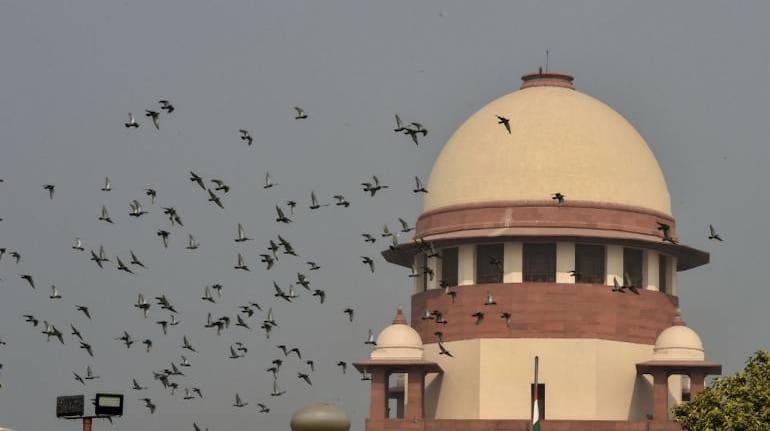



Upholding the validity of the OBC quota in NEET for admission to undergraduate and post-graduate medical courses, the Supreme Court has pointed out that reservation, as affirmative action, is not against the idea of merit.
The apex court had on January 7 paved the way for carrying out counselling for admission to the post-graduate medical courses in line with the quota carved out for the OBC and Economically Weaker Section (EWS) category in All India quota seats in state-run medical colleges for this year.
While the court had upheld the constitutional validity of the OBC reservation, the debate on EWS quota and its requirements will be heard at length on a later date. However, admission for this year was required to carry on in accordance with both these quotas.
Explaining its detailed rationale behind upholding the OBC reservation, the judgment penned by Justice Chandrachud, and delivered on January 20, notes that mere performance in an exam cannot be the sole indicator of merit which must also factor in lived experiences of the candidates.
In Supreme Court’s words, “Competitive examinations assess basic current competency to allocate educational resources but are not reflective of excellence, capabilities and potential of an individual which are also shaped by lived experiences, subsequent training and individual character.”
Performance in an exam falls short of factoring in and reflecting the “social, economic and cultural advantage that accrues to certain classes and contributes to their success in such examination.”
Giving wider context to the importance of reservation for certain sections of the society, the apex court added that marks and examination scores alone cannot be seen to be the definitive indicator of merit. “High scores in an examination are not proxy for merit,” it said.
The court as such rejected the challenge mounted against the constitutional validity of the OBC quota in All India Quota seats in medical colleges.
Discover the latest Business News, Sensex, and Nifty updates. Obtain Personal Finance insights, tax queries, and expert opinions on Moneycontrol or download the Moneycontrol App to stay updated!
Find the best of Al News in one place, specially curated for you every weekend.
Stay on top of the latest tech trends and biggest startup news.